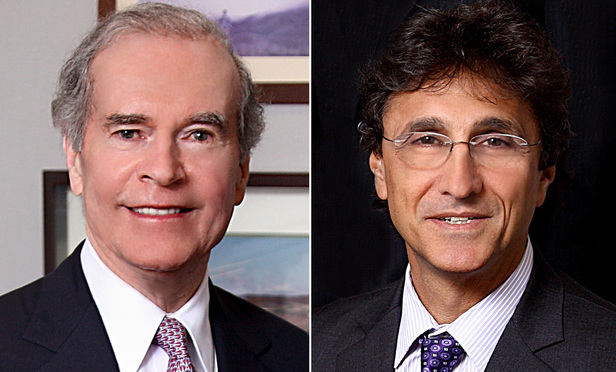During the COVID-19 pandemic in 2020 and 2021, we published several columns addressing immunity temporarily given to health care professionals and facilities, and executive orders affecting statutes of limitations. Those matters have since been the subject of several court decisions, which are discussed in this column.
With respect to the statutes of limitations, the issue was whether Executive Order 202.8, which was sequentially extended in 30-day periods by subsequent executive orders until Nov. 3, 2020, effected a toll on the statutes of limitations or merely suspended them. The distinction is significant. If it was a toll, the statutes of limitations stopped running during the duration of the toll and did not commence running again until the toll ended. If it was a suspension, it would mean only that statutes of limitations could not expire until the end of the period of suspension. Three of the four departments of the Appellate Division have now addressed the issue, and each has held that it was a toll. See Murphy v. Harris, 210 A.D.3d 410 (1st Dept. 2022); Roach v. Cornell University, 207 A.D.3d 931 (3rd Dept. 2022); Brash v. Richards, 195 A.D.3d 582 (2nd Dept. 2021).
This content has been archived. It is available through our partners, LexisNexis® and Bloomberg Law.
To view this content, please continue to their sites.
Not a Lexis Subscriber?
Subscribe Now
Not a Bloomberg Law Subscriber?
Subscribe Now
LexisNexis® and Bloomberg Law are third party online distributors of the broad collection of current and archived versions of ALM's legal news publications. LexisNexis® and Bloomberg Law customers are able to access and use ALM's content, including content from the National Law Journal, The American Lawyer, Legaltech News, The New York Law Journal, and Corporate Counsel, as well as other sources of legal information.
For questions call 1-877-256-2472 or contact us at [email protected]


 Thomas A. Moore and Matthew Gaier
Thomas A. Moore and Matthew Gaier




